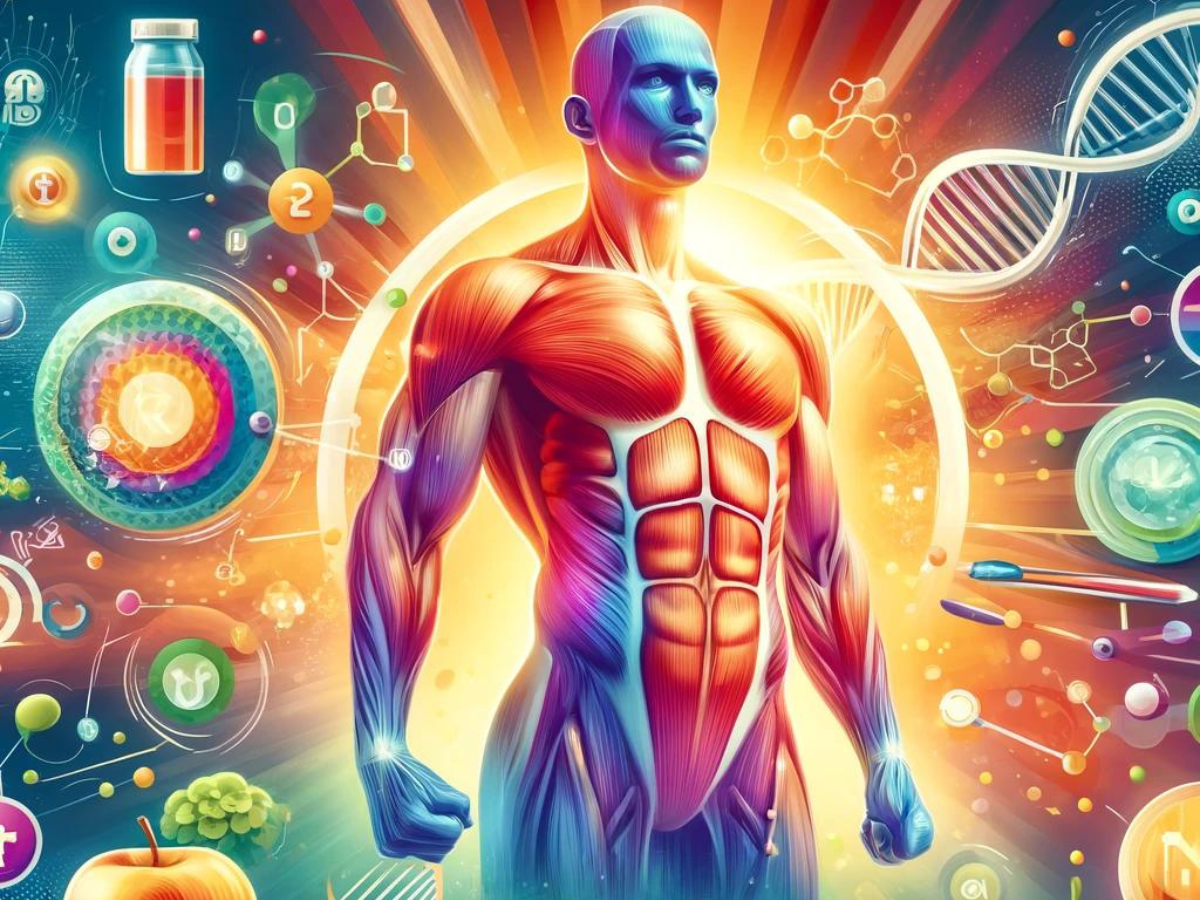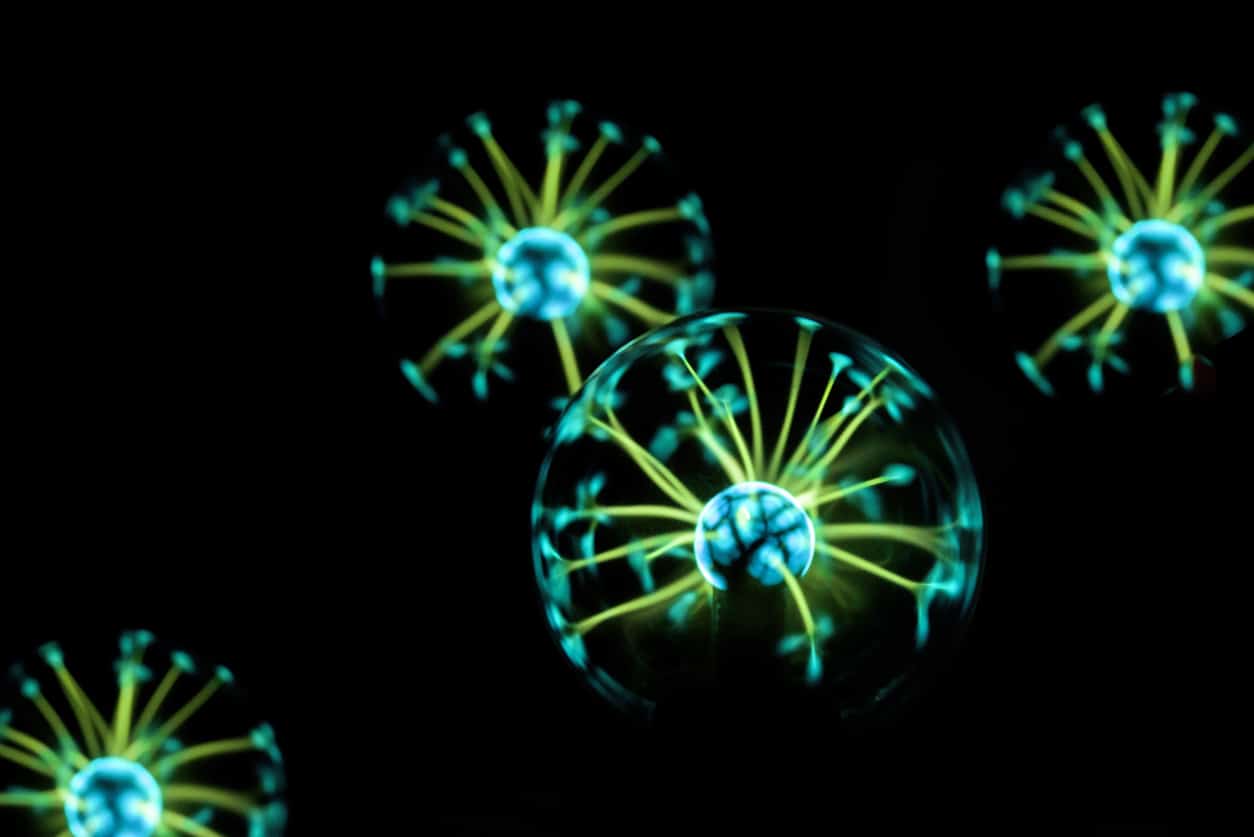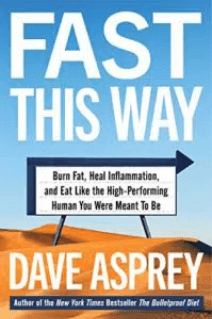
A study published in the journal Proceedings of the National Academy of Sciences[ref url=”http://www.pnas.org/content/early/2018/01/03/1715035115″] reveals that the common painkiller ibuprofen (i.e. Advil and Motrin) has a negative impact on the testicles of young men within just two weeks. It caused compensated hypogonadism, a condition associated with impaired fertility, depression, and increased risk for cardiovascular events, including heart failure and stroke.
Pain relievers affect male babies’ testicles
This study follows up on past research[ref url=”https://www.ncbi.nlm.nih.gov/pubmed/28281692″] on OTC painkillers in pregnant women. In that study, researchers in France explored the health effects of mild pain relievers (aspirin, acetaminophen, and ibuprofen) on mothers-to-be. They found that all three of the pain relievers affected the male babies’ testicles. The OTC drugs even increased the likelihood of congenital malformations. From there, researchers wondered what would happen to adult males when they took these pain meds. They concentrated their research on ibuprofen, which had the strongest impact on the babies in the first study.
Ibuprofen causes a hormonal imbalance, linked to impaired fertility in men
The researchers recruited 31 male volunteers between the ages of 18 and 35. Fourteen men received 600 milligrams of ibuprofen twice a day – the amount many professional and amateur athletes take. The remaining volunteers received a placebo. Of the men on ibuprofen, their luteinizing hormones, which stimulate the testicles to produce testosterone, coordinated with the amount of ibuprofen circulating in their blood. Their testosterone-to-luteinizing-hormone ratio also decreased – a signal of dysfunctional testicles. All of this happened in just 14 days. This huge drop in testosterone levels caused hypogonadism – a condition linked to impaired fertility, depression, and increased risk of heart failure and stroke.
Healthy mitochondria keep sex hormones in check
What is key to remember is that you need healthy mitochondria to have healthy sex organs and to reproduce – not to mention a properly functioning heart, nervous system, and to maintain your energy overall. Mitochondria are the “batteries” in cells that help make energy – their number, efficiency, and strength play a role in whether or not you are at susceptible to any sort of dysfunction or disease. In fact, poor mitochondrial function is associated with hormone irregularities, including suboptimal testosterone and progesterone levels.
To learn more about the connection between mitochondria and sex hormones, and how common pharmaceutical drugs damage mitochondrial function, read my book Head Strong. In it, I show you how to use simple strategies (including coffee, exercise, and diet) to keep your mitochondria in prime condition. So next time you are feeling inflamed, look at your diet and your environment to see if you can hack it before you turn to the drugs.
Related: The Biohacker’s Guide to Better Sex










